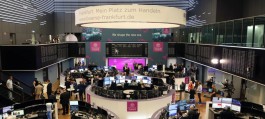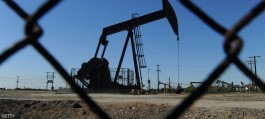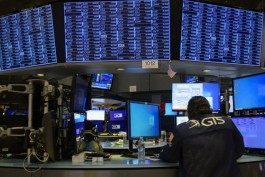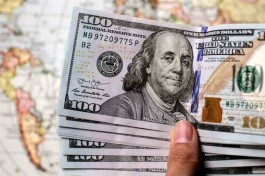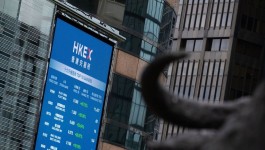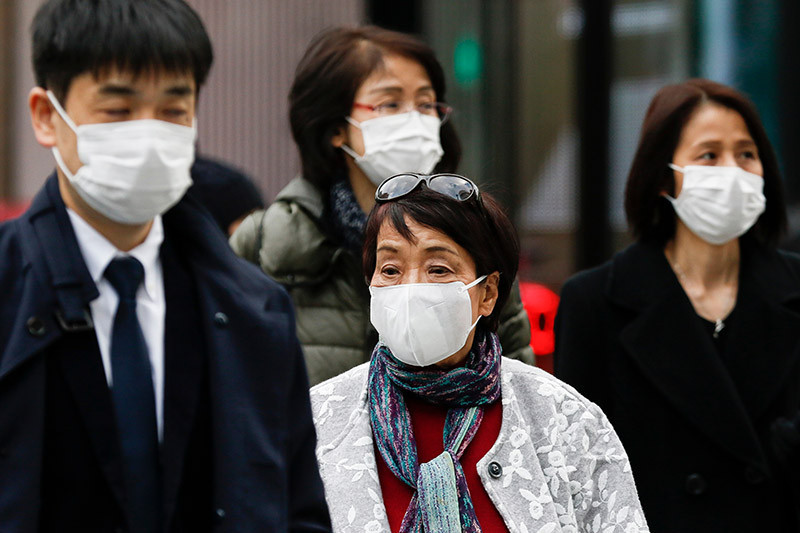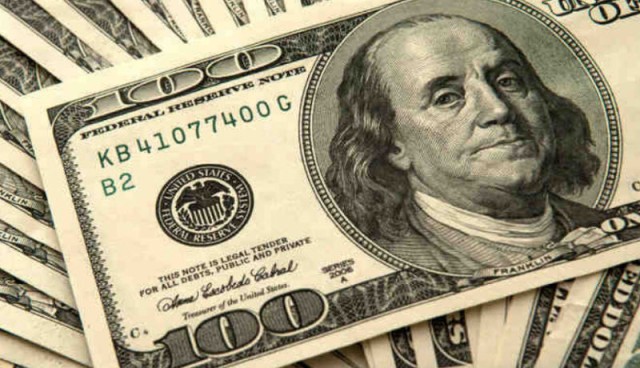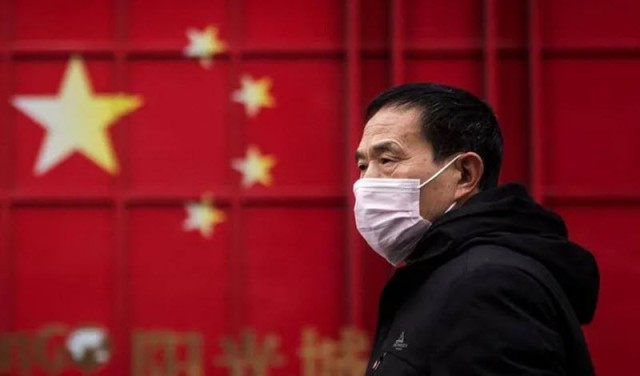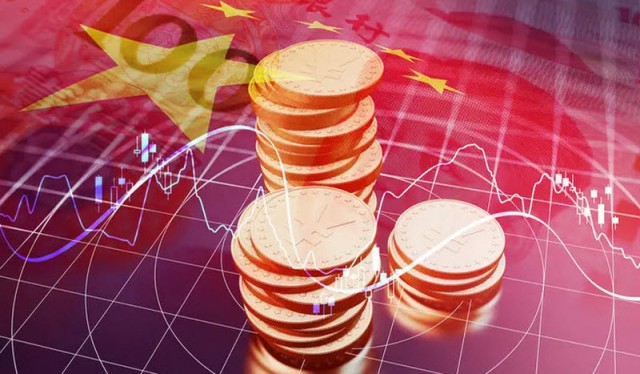China announced the easing of restrictions and precautionary measures related to the Corona virus on a large scale, in addition to reducing the conditions for conducting PCR examinations.
According to Reuters, the National Health Commission in Beijing indicated that asymptomatic patients and those with minor symptoms who are eligible for home isolation are subject to isolation at home.
The authorities will limit the scope of nucleic acid testing and reduce the frequency of examinations.
Compulsory mass examinations, often seen as onerous condition of China's zero-COVID policy, will be restricted to high-risk areas and schools.
Travelers between regions will no longer be required to show a negative COVID-19 test conducted within 48 hours, and will not be required to take a test upon arrival, according to the new rules.
The announcement comes in the wake of demonstrations across the country that rarely occur, in protest against strict policies to contain Covid.
And Beijing Airport had announced that it had stopped compulsory providing a negative Corona examination for arrivals, as of yesterday, Tuesday, December 6, 2022.
The National Health Committee of China revealed that 28,062 new cases of coronavirus were recorded on December 5, of which 5,046 showed symptoms and 23,016 were asymptomatic.
China, where the virus was first detected in late 2019 in the central city of Wuhan, is the last major country to try to stop transmission through quarantines, closures and mass testing.
Concerns about vaccination rates, especially among the elderly, are believed to be at the forefront of the ruling Communist Party's determination to stick to its hardline anti-Covid-19 strategy, with some fearing millions of deaths if restrictions are fully lifted.
Chinese cities, including Urumqi in the far west, announced the easing of restrictions imposed to combat the Corona virus on Sunday, as China tries to make the zero Covid policy more accurate in targeting outbreaks and less disturbing after unusual protests over the restrictions last week.
Authorities said Urumqi, the capital of Xinjiang region where the first protests took place, reopened shopping malls, markets, restaurants and other venues from Monday, after months of strict lockdowns.
Wednesday's announcement came hours after the government published data showing the negative economic repercussions of the zero Covid policy.
Imports and exports fell in November to levels not recorded since the beginning of 2020.
Imports decreased in November by 10.6 percent year-on-year, the largest decline since May 2020, according to the General Administration of Customs. Exports fell by 8.7 percent in the same period.

















